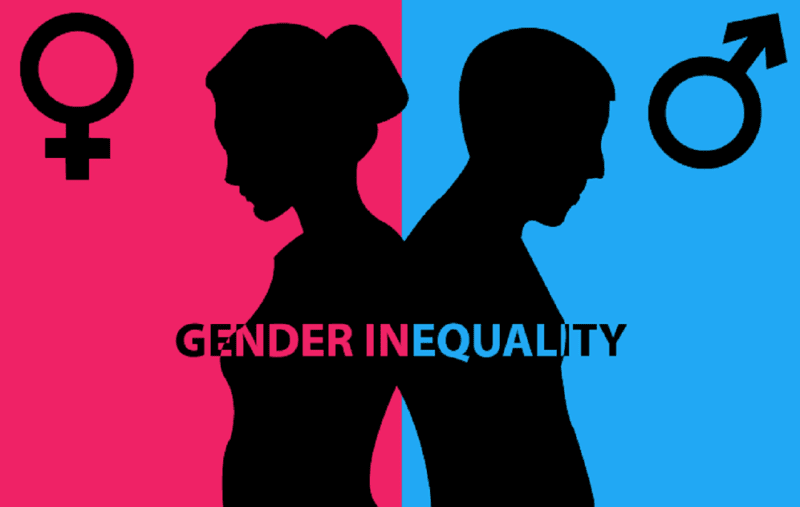National Issues
Endangered Gender? -By Seun Elere
Women faced huge social burden most of which are suppressive in nature. They are always at the receiving end of poverty as well as unfriendly religious practices. Women are often forced into marriage at early age mostly to reduce poverty burden on their family.

According to Mastercard Index of Women Entrepreneurs 2019, although over 70% are motivated by improvement-driven opportunities, women’s workforce participation rate is very low with only 13.2 percent of working age women active in the workforce in Nigeria. The same report also put women’s tertiary education enrolment rate at an appalling 8%. According to Growing Economies Through Gender Parity, Nigeria’s gross domestic product has the potential to grow by $229 billion by 2025 if only women participated in the economy to the same extent as men.
Politically, according to an Ekiti State University study conducted in 2018, half of Nigeria’s population are women yet only 10% of these great minds occupy political position. Currently, the number of women in the National Assembly is under 5% of the total 469 members and senators. Only about 16% of the current ministers are women. There is also nothing to be hopeful about in the upcoming election in 2023, none of the top presidential candidates has a woman as vice presidential candidate. We also don’t have female presidential candidates – if we have then we don’t know about them. Similarly, according to Invictus Africa, only 8% of 1100 senatorial candidates and 9% of 3,114 house of representatives’ candidates are women.
Women faced huge social burden most of which are suppressive in nature. They are always at the receiving end of poverty as well as unfriendly religious practices. Women are often forced into marriage at early age mostly to reduce poverty burden on their family. Once married, they are under economic pressure from their parents and other siblings regardless of the economic status of their husbands.
Also, the recent surge in underage domestic maid business is a new trafficking tactics that further negatively impacts on women development in Nigeria. Most families in Nigeria have at least 1 underage girl as a domestic servant without respect for Section 28 of the Child Rights Act. Many of these girls are subjected to untold trauma that they would never recover from. Most of them would never see the wall of a classroom neither will they be enrolled in any skill training center. They are also mostly victims of teenage pregnancy which means that they have to start childbearing and family life at a very young age and this further limits their chances of being educated or engage in economic activities. To reduce the impact of poverty, these young mothers end up sending their underage girls back into the same housemaid system that produced them, hence, sustaining the perilous cycle of poverty and lack of development which in turn fuels the huge gender disparity in the country.
This short article maybe poorly researched but it is a reminder that all is not well for women in Nigeria and shows that Nigeria is gradually becoming a difficulty country for women academically, economically and politically. There is huge work to be done in this regards. National Human Rights Commission, National Agency for the Prohibition of Trafficking in Persons, other relevant government agencies, civil society organizations and development partners need to act now or scale up interventions that promote women active involvement in all social-economic activities in the country for a better Nigeria for us all.



















